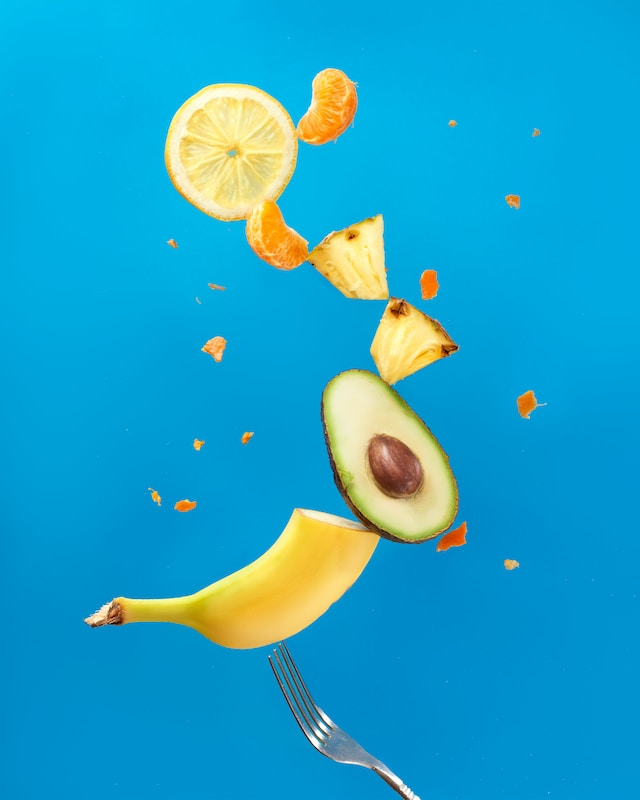“Fruits often receive criticism from people with diabetes due to their sugar content. However, it’s crucial to know that while fruits do contain natural sugars, they also offer essential vitamins, minerals, and fiber. These nutrients can contribute to your long-term health and help prevent future diseases,” explains Erin Palinski-Wade, RD, CDCES, author of the 2 Day Diabetes Diet.
Surprisingly, a 2021 analysis of 23 studies published in BMJ Nutrition, Prevention & Health found that a high fruit intake was linked to a 7% lower diabetes risk compared to a low intake.
- Avocado
Even though the low-fat diet trend may be losing popularity, it’s essential to monitor your fat intake if you have diabetes. The CDC mentions that having diabetes doubles your risk of heart disease.
Nevertheless, not all fats are harmful. For example, many people with diabetes avoid avocados due to concerns about their fat content. Palinski-Wade clarifies, saying, “This unique fruit actually offers numerous health benefits. Unlike most other fruits, avocados contain zero grams of naturally occurring sugar per serving and don’t affect your blood sugar levels.”
- Banana
One of the most commonly criticized fruits for diabetes is the humble banana. However, don’t be swayed by the negativity. “Unripe green bananas are a good source of resistant starch, a type of fiber known to lower blood glucose levels and combat insulin resistance,” says Palinski-Wade. A 2023 review in Frontiers in Nutrition found that specific types of resistant starch had a direct positive impact on both glucose and insulin regulation, although more research is necessary.
Even ripe yellow bananas have their merits. “While a ripe banana contains more sugar and can affect blood sugar levels more, it still provides valuable fiber for supporting digestive health and controlling hunger,” she adds.

